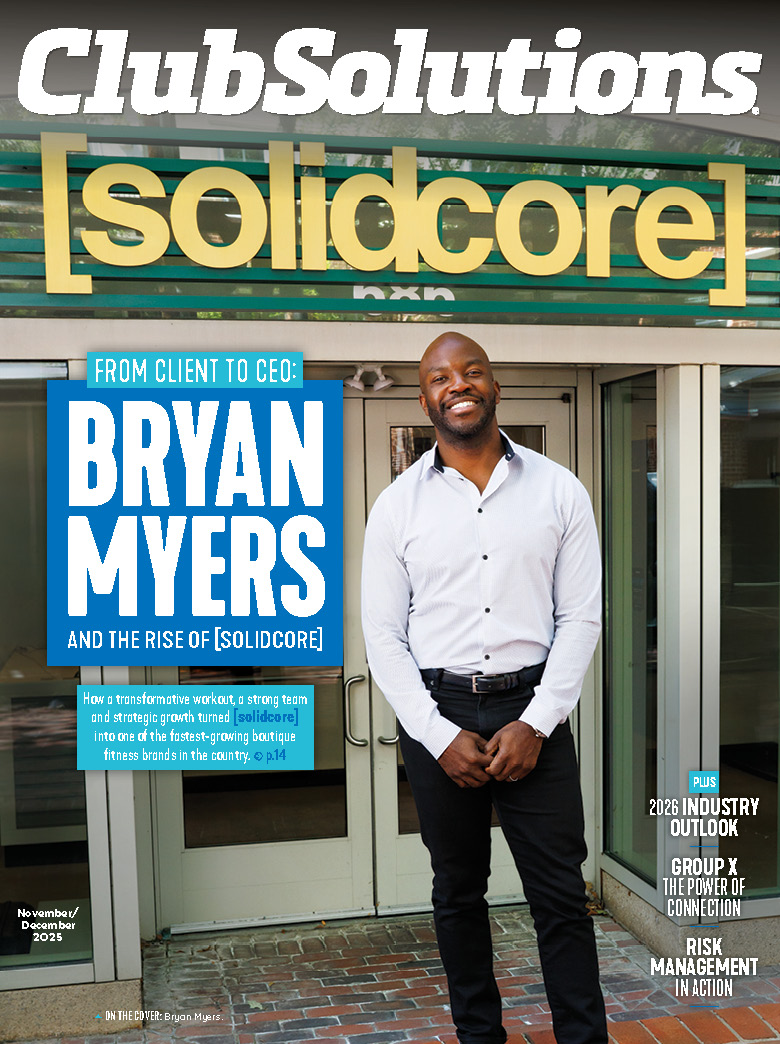Sales professionals will often ask me, “What is your one killer technique?” The answer is not to seek only one, or even a few great tactics. It’s the culmination of implementing hundreds of small, positive outcome-influencing techniques that help close the deal.
As a sales professional, I have made it a priority to invest at least a few hours a week into bettering my control and understanding over the entire spectrum of influence. If you were to consider all of influence a single book, then within that book you would find chapters dedicated to the art of sales, diplomacy, negotiations, debating, marketing, closing, etc. You would also find chapters dedicated to the dark arts of influence, like manipulation.
The road to a successful sales career is paved through aggressive personal education. Sales as a business is the pursuit of developing a more perfect and effective communication style coupled with the ability to persuade others to act upon that intent.
Below I have listed my top 100 sales tips from the thousands of notes I have taken over my two-plus decades in the field. When I could recall, I have referenced the sources of that education. Some of these may be obvious or simple, some may seem irrelevant, and some may even seem ridiculous. But I have found all to be effective along my professional journey.
- There is tactical precedence to closing a deal. Don’t recreate the wheel.
- It is not your customer’s job to remember you. It is your obligation and responsibility to make sure they don’t have the chance to forget you.
- All value is perceived value.
- Uncertainty always breeds skepticism in your prospect.
- Persuasion is generally better than compulsion.
- Know who you’re selling to. Study your opponent much like war. Selling isn’t just about your weapons. It’s about knowing the weaknesses of your enemies.
- Pace and then lead conversations.
- Don’t offer a “sale” unless there is tremendous and obvious value.
- Behavior that is recognized and rewarded is often repeated.
- Rapport and comfort levels can be created or destroyed almost immediately.
- If they walk in and say “I want to buy” then sell it. Don’t go off track. Don’t say something like “let me show you all the benefits.” They’re already there. You can only talk yourself out of the deal.
- Use mannered eye contact.
- Like a warrior preparing for battle, or a singer warming up before they go onto stage, get yourself into the right frame of mind for success before each pitch.
- Do not feature bomb.
- Lesson from a pick pocket: Master getting into people’s intimate space with no resistance and build subconscious bonds.
- Tell your story. National Enquirer is the most-read publication in the world. Facts are not nearly as compelling.
- Learn from others, but find your own voice.
- Yes, you should profile your clients before the handshake. Selling to an old man is different than a young lady. Heck, selling to an engineer is different from selling to a business owner. Learn the difference.
- A sales goal without a plan and a timeline is a dream.
- Utilize sales funnels. Use it to control the controllables, such as the number of dials, emails, etc.
- If you cannot tell me why you are better than a competitor, then I sure as hell can’t.
- Just like you moderate poor food in a diet, moderate poor thoughts in your life.
- Selling pens or planes is more similar than not.
- Read: 5 Love Languages by Gary Chapman. It’s designed for couples but is also great for influencing client relationships.
- Success leaves clues.
- A high close rate does not always mean you are a great closer. It likely means you are not getting in front of enough people.
- Create exclusivity and status where and when you can.
- You cannot substitute experience. “The teacher has failed more times than the beginner has tried” —Stephen McCranie.
- Retention is the consequence of usage.
- “I am terrible at closing but I am great at getting people to like me!” – Never good enough.
- People buy wants more than needs.
- Use words that urge.
- Give a quick action bonus. Loss aversion is more powerful than bonuses generally.
- Study: Straight Line Persuasion – Jordan Belfort.
- Do not write a subject line email like an advertisement. Nothing screams spam more than this.
- Analogies and metaphors—use them.
- Starbucks doesn’t put people on monthly EFT. People come back because of the experience.
- It is important to define yourself before someone else defines you.
- Perceived value makes the sale. Received value creates retention.
- Sell from your unique services and solutions. Otherwise you’re also building awareness and value for your competition.
- Nothing is more motivating than necessity.
- “There is a time to be a human being… and then there is a time to sell cars” —Shia Lebouf.
- The only weaknesses you have are the weaknesses you concede.
- “Customers like to feel that they are buying, not being sold” —Dale Carnegie.
- Reciprocity: People tend to return a favor.
- Commitment and consistency: People do not like to be self-contradictory. Once they commit to an idea or behavior, they are averse to changing their minds without good reason.
- People are more easily swayed by people they already like.
- Social Influence is strongest when the group perpetrating it is consistent and committed. Even a single instance of dissent can greatly wane the strength of an influence.
- Understand what mitigated speech is and how it infers a client relationship.
- Too many choices lead to paralysis of decision.
- Escalation of expectations. When there’s only one choice or very few choices, then clients can be satisfied with the choice made. With too many options it becomes easier to fear regret later on.
- When someone thanks you for giving them superior service simply reply with, “I appreciate that, you can thank me by sharing with someone that you enjoyed your experience here.”
- When selling to groups larger than two, always look to who gets the most looks or who faces who and that is how you find the “leader” or the decision maker.
- If you fight for your limitations you get to keep them.
- When marketing, dig where the ground is softest. Never fight fair. Always look for an edge.
- People will choose not to choose if there are too many options, even when it is in their best interest.
- We can handle more categories than we can choices. If I show you 400 magazines and then divide them into 20 categories you will feel like you had a better buying experience as opposed to 600 magazines in 10 categories.
- Condition for complexity. Take a complicated decision like buying a car and start by asking what color they are looking for.
- Engineers solve the problems of reality; advertisers solve the problems of perception.
- Ask the question you are afraid to ask.
- Make sure to not only choose your words carefully but also choose your tone, volume and cadence appropriately. Analyze not only the content of what you are saying but the delivery as well.
- Know your numbers every day. Success isn’t some lucky accident.
- Convince them the value of the investment far outweighs the cost.
- When the core experience is perceived as being about the same (or slightly in favor of the lower-cost option), the less expensive choice is going to win out every time.
- 3 C’s – Your message needs to be Clear, Concise and Consistent.
- People do not recognize differences between your physical and online presence.
- Find your specific edge. Define yourself as an expert — not a generalist.
- You know what you say; you don’t always know what they hear. Ask for feedback.
- Treat the referral source better than the referral.
- Rapport isn’t about just being likable. You also must be the professional they need.
- “Measure, monitor and manage” —Ori Brafman.
- There is no way to truly know if they are going to buy. We use scripts to try and eliminate the doubt and uncertainty of the process.
- If you have to convince prospects that what you do is valuable, then it stands to reason to ask yourself, is it?
- Don’t sell features. Sell benefits and the impact on lifestyle.
- Buyers don’t care about your stuff. They care about their stuff.
- Turning a buyer’s vagueness into clear solutions is the job of the salesperson.
- Embrace your competitors because they will always show you where they are strong and you are weak.
- Clear instructions plus urgency equals action.
- A study done by Carnegie Mellon University involved changing “a $5 fee” to “a small $5 fee” in their description of an overnight shipping charge on a free DVD trial offer. Response rate increased 20 percent.
- Use trigger words like “advantage,” “first” etc.
- Do not negotiate with yourself.
- You’re never ready to make a pitch. You go when you’re ready enough.
- There is always part of the market that wants minimum acceptable quality at the lowest price possible. Do not ignore this group.
- 3 types of incentives: economic, social or moral.
- Read: Freakanomics.
- Competition today isn’t about being the best or the cheapest anymore. It’s about exclusivity.
- A sales person gets what he earns when he earns it.
- People choose systems. They want to buy a plan that requires no thinking.
- Language not only reflects but directs.
- A social circle isn’t a circle. It’s more like a pyramid. You’re connected to most people by only a few individuals. Treat them like gold.
- Ambition is a constant reminder of where you are not.
- Generally you will be judged based against your competition in the following in order: Function, Reliability, Convenience and Price.
- The more you learn about the sales process the more you will realize the enormity of what you do not know.
- Confidence breeds success. Not the other way around.
- The negotiation never ends.
- Get comfortable with money. Just because you cannot afford your own service/solution doesn’t mean your prospect can’t.
- Negotiating is never personal.
- Read: The Slight Edge.
- Structure your day. If you do not know exactly what you should be doing by 2 p.m. you’re destined to fail.
- The unexpected gift is the most powerful.
- BONUS: under-promise, over-deliver.
Jason R. Stowell is the division director of fitness and wellness for JCC of Greater Pittsburgh. He is an award-winning fitness leader with over 20 years of successful experience providing strategic planning, talent management, and expert-level sales training in the health and fitness industry. Connect with him on Linkedin here.










